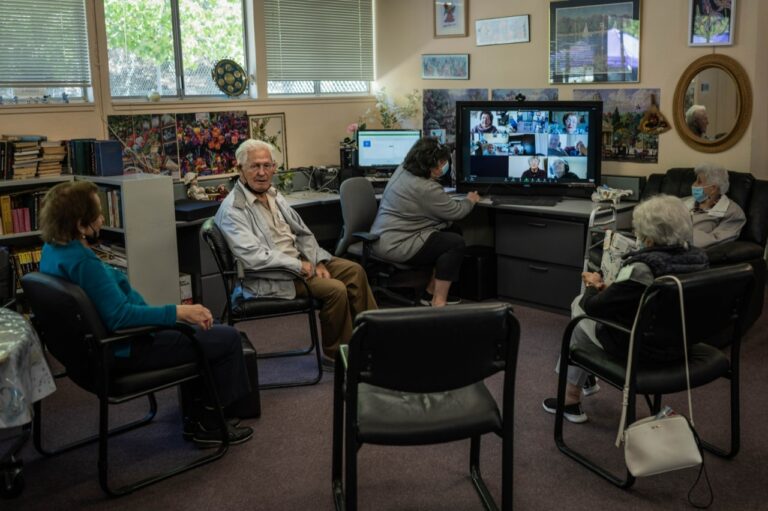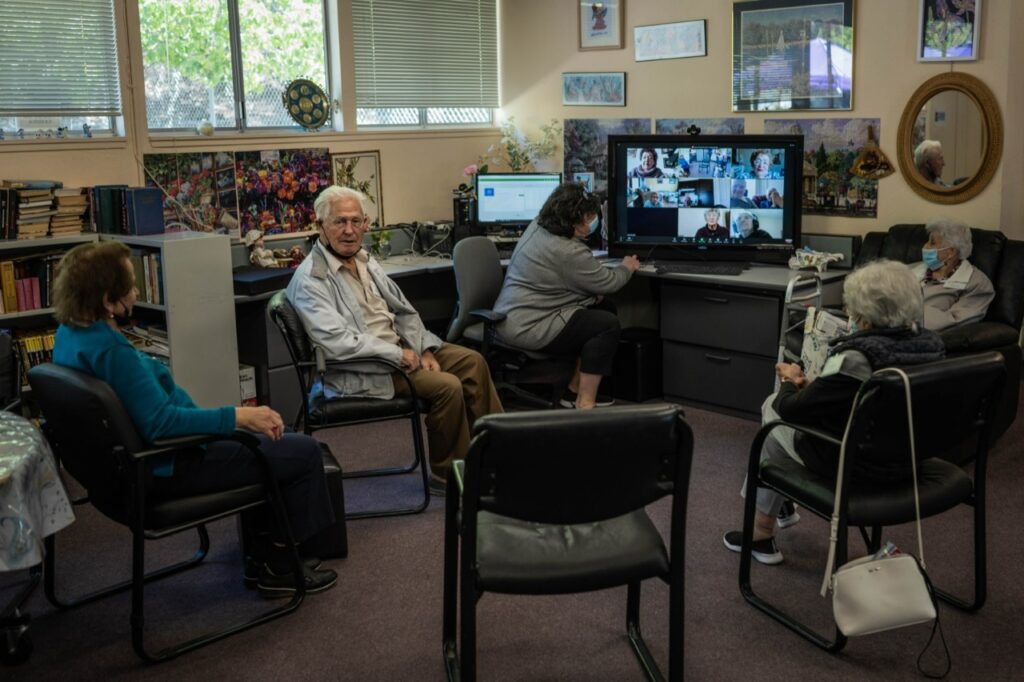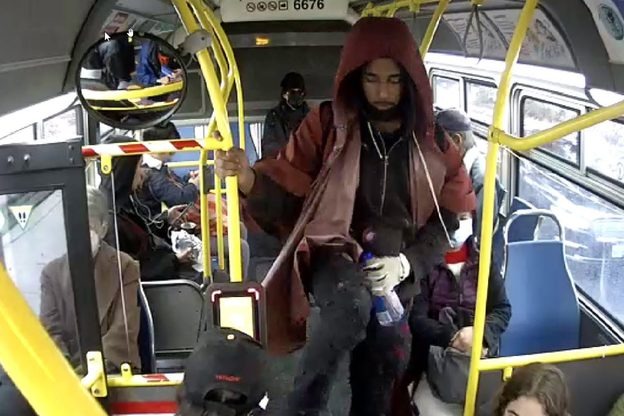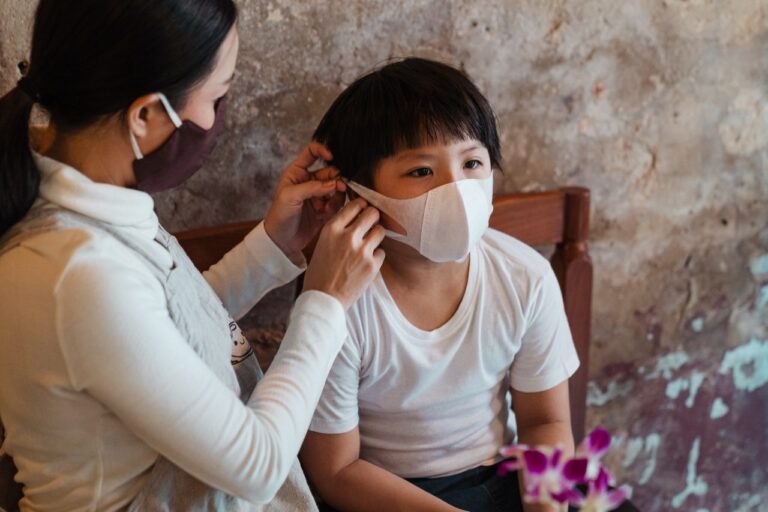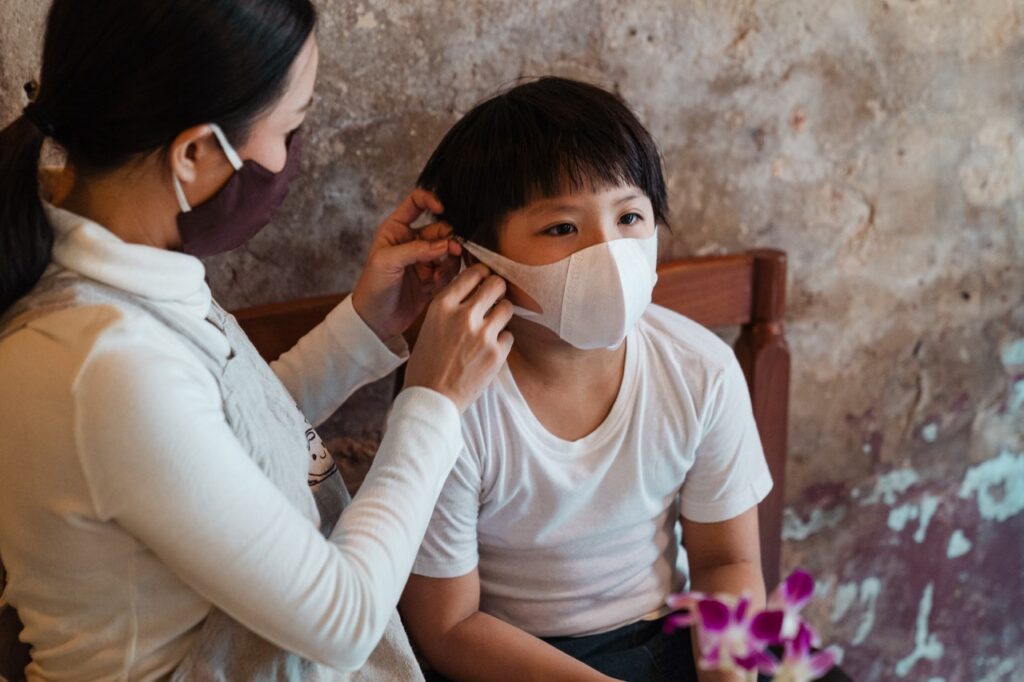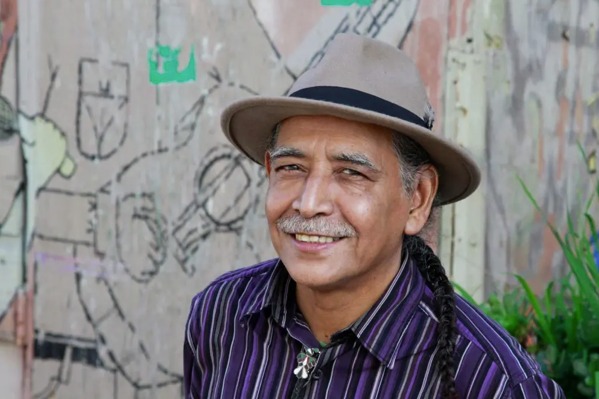
*La ciudad comenzará un proceso de contratación abierto en enero de 2023.
Este viernes, 16 de diciembre, la administradora de Redwood City, Melissa Stevenson Diaz, anunció el próximo retiro del jefe de policía Dan Mulholland en mayo de 2023, ello tras casi 40 años de servicio en las fuerzas policiacas. La ciudad iniciará un proceso de contratación para remplazarlo en enero de 2023.
«El próximo abril marca cinco años como jefe de Policía del jefe Mulholland, y más de 38 años impresionantes de servicio a la Ciudad de Redwood City», señaló Díaz.
«El jefe Mulholland ha dirigido el Redwood City Police Department con integridad y habilidad durante una época de desafíos sin precedentes. Ha escuchado profundamente a nuestra comunidad y, bajo su liderazgo, hemos seguido innovando en la prestación de nuestros servicios. Estoy agradecida por su compromiso y dedicación inquebrantables para apoyar la seguridad de la comunidad y los empleados, y mejorar continuamente nuestros servicios a la comunidad», agregó.
El jefe Dan Mulholland comenzó su carrera en el Departamento de Policía de Redwood City como Oficial de Servicio Comunitario en 1985 y fue contratado como Oficial de Policía en 1987. Ascendió continuamente de rango y finalmente fue nombrado jefe de Policía en 2018. Bajo programas de liderazgo, obtuvo su Certificación Ejecutiva POST en 2021, un logro prestigioso basado en años de servicio, educación, capacitación y avance de rango.
Como jefe, Mulholland priorizó varias iniciativas de bienestar del personal, entre ellas, revivir el equipo de apoyo entre pares que alguna vez estuvo inactivo, reintroducir a los capellanes de policía en la organización a medida que disminuyeron las restricciones de COVID y lanzar una aplicación de bienestar confidencial bajo demanda para uso del personal.
A su vez, jugó un papel decisivo en la obtención de servicios de bienestar y salud emocional para el personal policial y sus familiares. Puso mayor énfasis en la diversidad organizacional, algo que atribuye a un mejor servicio a la rica y diversa comunidad de Redwood City.
Recientemente, Mulholland desempeñó un papel integral en el lanzamiento del Equipo de Respuesta a Crisis y Bienestar Comunitario, un programa piloto basado en un modelo de respuesta conjunta en el que los médicos de salud mental responden a las llamadas de servicio que involucran crisis de salud conductual; y el Equipo con propósito, acción, creación y compromiso ‒PACE‒: un programa piloto basado en la comunidad destinado a fomentar relaciones positivas entre los líderes comunitarios.
Además de ello, fue fundamental en las fuerzas del orden público y los jóvenes del movimiento Bike Life; y el primer Comité Asesor de Policía de la Ciudad: un comité de representantes de la comunidad formado para apoyar la asociación y la transparencia entre la comunidad y el Departamento de Policía.
Dan Mulholland es el actual presidente de la Asociación de Jefes de Policía y Alguaciles del Condado de San Mateo y ha servido en la Junta de Gobierno del Grupo de Trabajo contra Narcóticos del Condado de San Mateo y en el Consejo de Coordinación de Justicia Juvenil del Condado de San Mateo.
«Los hombres y mujeres del Departamento de Policía de Redwood City son como una familia para mí. Es gracias a ellos que tuve el honor de mi vida: servir como jefe. Trabajar junto a ellos todos los días durante todos estos años ha sido un privilegio», refirió Mulholland.
«Nuestra entrega de seguridad pública se logra mejor trabajando en asociación con la comunidad a la que servimos. Esa asociación se fortalece a través de la confianza, la familiaridad y la conectividad. Las conexiones personales que he hecho con esta comunidad, siempre esforzándome por escuchar de primera mano a los residentes sobre cómo servir mejor a Redwood City, han sido tremendamente valiosas», subrayó.
Ante el anuncio de la jubilación de Mulholland, la ciudad comenzará un proceso de contratación abierto en enero de 2023, con la intención de nombrar un nuevo jefe de Policía antes del retiro del jefe de policía en mayo.
Finalmente, el Departamento de Policía de Redwood City invitó a los miembros de la comunidad a dar su opinión sobre las características necesarias en el próximo jefe de policía enviando un mensaje a policechiefrecruitment@redwoodcity.org.
You may be interested in: Summit of the Century addresses challenges and opportunities for the older adult workforce


